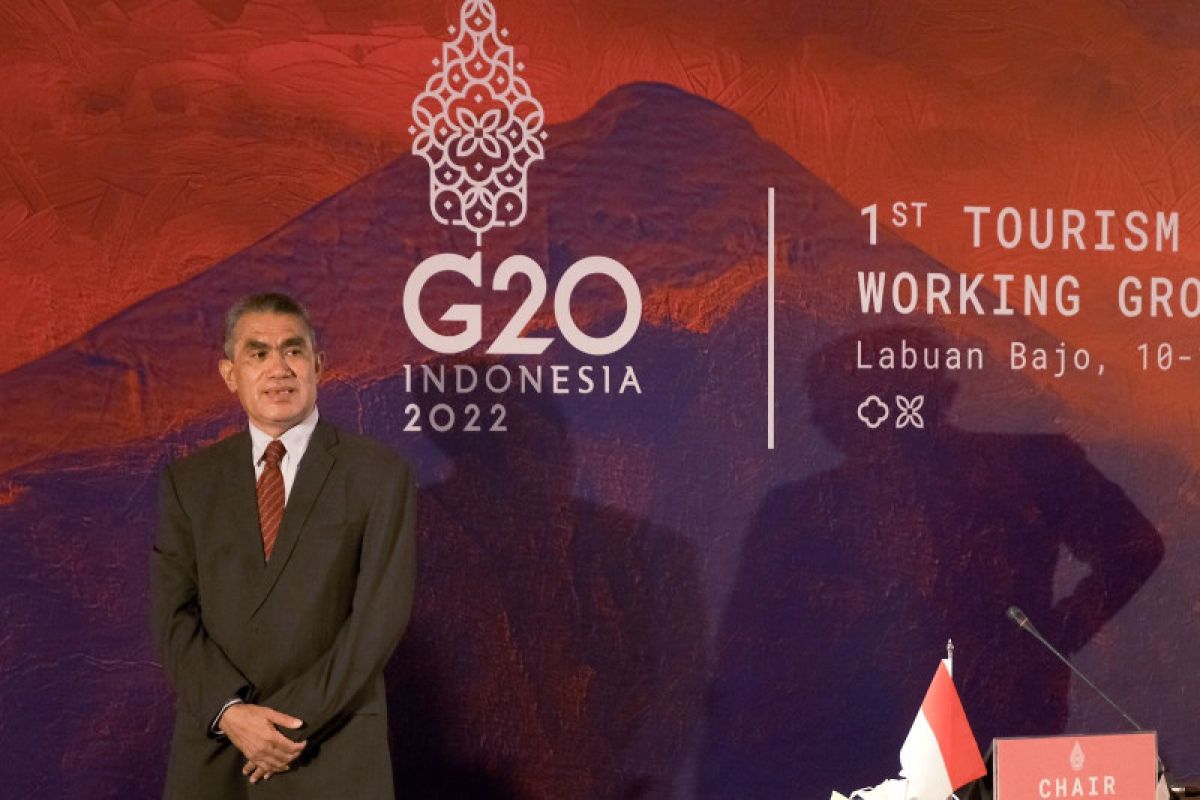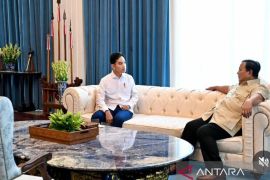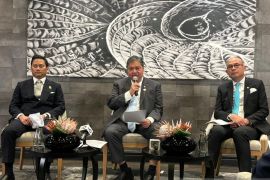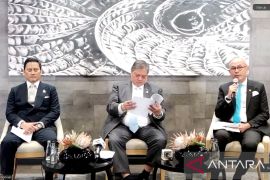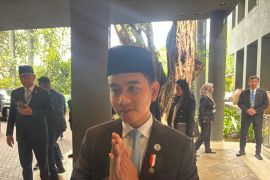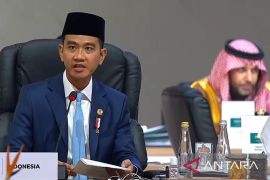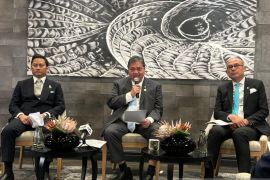By handling social and work protection for women and youngsters, it is expected that it can handle gender stereotype in tourism.Jakarta (ANTARA) - A strategy that can be implemented to improve women's work-life balance in tourism is to encourage equal work sharing, Chair of the Tourism Working Group (TWG) Frans Teguh stated.
In an official statement on Wednesday during the TWG 1 in Labuan Bajo, East Nusa Tenggara, he noted that the problem in several nations was a lack of women leaders involved in decision making.
G20 is an international forum comprising 19 nations that work together to handle major issues. Indonesia is chairing the forum this year.
Indonesia’s G20 Presidency has two meeting tracks, one of which is the Sherpa track that discusses non-financial issues. The TWG meeting will be part of the Sherpa track.
In order to handle this issue, women in tourism must be provided the training program to hone their skills, develop network, and bolster other competencies to advance their career.
The next step involves ensuring that they can utilize digital technology to innovate in tourism.
Related news: Eid a time to synergize, script G20 success: minister
"With this, it is expected that it can create a prosperous working environment as well as inclusive and sustainable growth in the future," Teguh remarked.
The tourism sector is expected to provide a safe and comfortable working environment for women and youngsters as it is one of the priority issues within the TWG 1.
According to the research from the World Tourism Organization (UNWTO), the COVID-19 pandemic caused women working in the tourism sector to lose their jobs and experience a decline in income or working hours as compared to men.
Moreover, the research result from the Organisation for Economic Co-operation and Development (OECD) shows that the level of unemployment in the young worker segment significantly increased due to the pandemic during the February-March 2022 period.
"The challenge for recovery, resiliency, and revival of tourism not only depends on the internal variable within the businesses themselves but also on the external variable," he explained.
"For instance, the increase in the population of young job seekers that necessitates the government's helping hand, so that the excess of workforce supply will not be a trigger for other economic issues," he stated.
Related news: G20 an opportunity for MSMEs to show off products: Masduki
Other challenges that women and youngsters encounter include a lack of understanding on how to enter the digital ecosystem and lower wages in the tourism sector.
In addition, there is the social-cultural norm in several G20 member nations that inhibit the role of these two segments.
"By handling social and work protection for women and youngsters, it is expected that it can handle the gender stereotype in tourism," Teguh remarked.
"As a result, women and youngsters feel the benefit from the tourism and creative economy industry that will improve their prosperity," he added.
Related news: RI, Saudi Arabia discuss placement, protection of migrant workers
Related news: Govt to discuss people's role in tourism transformation at TWG 1
Translator: M Baqir Alatas, Fadhli Ruhman
Editor: Fardah Assegaf
Copyright © ANTARA 2022
